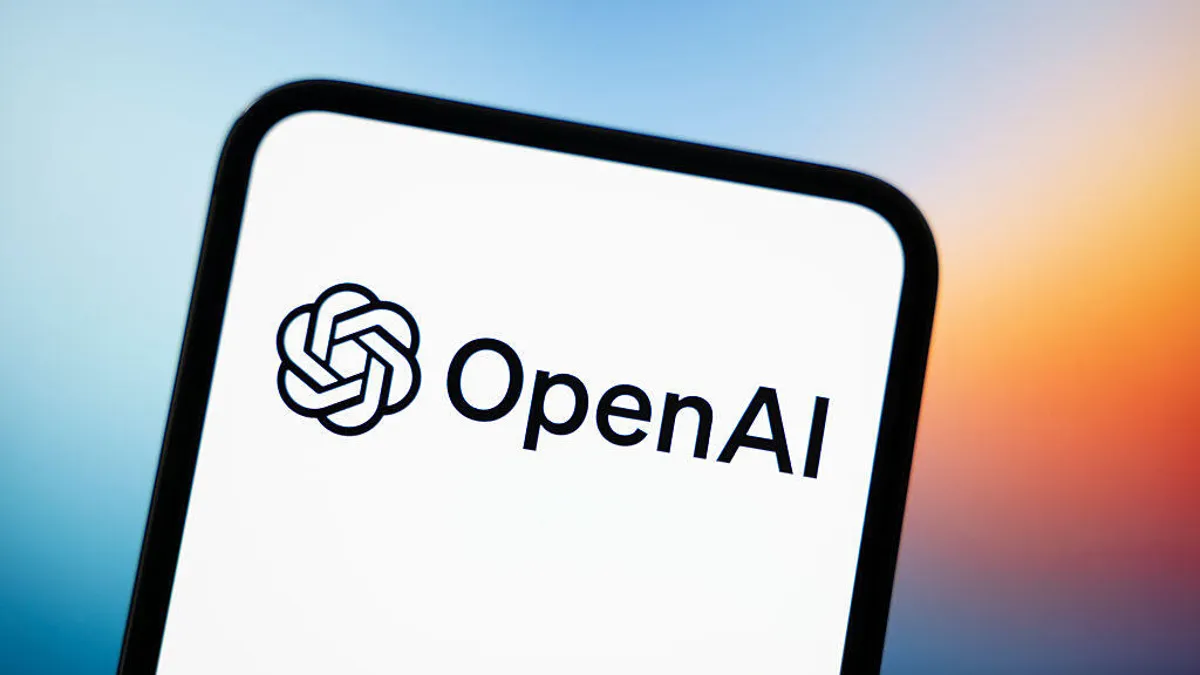When ChatGPT was first launched in November 2022, parent company OpenAI pitched it as a productivity tool and a game-changer for delegating menial work tasks, such as answering emails or writing notes. Newly launched OpenAI a new role By analyzing how hundreds of millions of people around the world use ChatGPT, the results show a surprising change in the way people use it. What started as a work assistant is now a tool that people use in their personal lives.
By mid-2024, almost half of all conversations on ChatGPT were work-related. By mid-2025, that figure had fallen to just over a quarter.
That doesn’t mean people are using the chatbot less. ChatGPT has about 700 million weekly active users worldwide, and sends more than 2.5 billion messages per day or about 29,000 messages per second, according to the report by the National Bureau of Economic Research and collaborators at OpenAI, Duke University and Harvard University.
In short, more and more people are using the platform, but not for work-related queries.
Also read: OpenAI wants you to get a certificate in ChatGPT and find your next job
The document describes a shift from asking ChatGPT to perform tasks, such as typing text, toward users asking it questions. For example, “writing help accounted for more than a third of usage last year. Now, it’s closer to a quarter.”
Meanwhile, “information search” has increased from 14% to 24% of all conversations, meaning people are using ChatGPT more as a search engine replacement for information and guidance.
“Overall, our findings suggest that ChatGPT has a broad impact on the global economy,” the paper states. “The fact that non-work use is increasing more rapidly suggests that the well-being gains from generative use of AI could be substantial.”
Who is driving this change?
The OpenAI article also discusses the demographics behind these queries:
- Gender: Early users were predominantly male. As of January 2024, only 37% of users had names typically considered feminine. As of July 2025, that group had increased to 52% of all users, meaning that women (or those with feminine names) use the system at roughly equal or slightly higher rates than men.
- Age: Nearly half (46%) of ChatGPT users reported being between 18 and 25 years old. This younger demographic prefers personal inquiries, such as asking about hobbies or seeking advice, while older users are more likely to use ChatGPT for work-related tasks.
- Geography: ChatGPT use is no longer concentrated in the richest countries. The fastest growth is in low- to middle-income countries, where GDP per capita ranges from approximately $10,000 to $40,000, and smartphones are typically the primary gateway to the Internet.
- Education: Users with college degrees or higher are more likely to use ChatGPT for professional tasks. For example, 37% of messages are work-related for users with less than a bachelor’s degree, 46% are work-related for users with a bachelor’s degree, and 48% are work-related for those with some graduate education. Untitled users are still highly engaged, primarily using the chatbot for everyday questions and support.
- Occupation: The paper also found that users in highly paid professional and technical occupations are more likely to use ChatGPT for work.
Also read: OpenAI Adds Parental Controls to ChatGPT After Lawsuit Over Teen’s Death
